Dr. Rick Hanson authors a weekly newsletter which I subscribe to called Just One Thing. His posting this week is titled, “Feed the Mouse.” If you got cheese, feed the mouse!
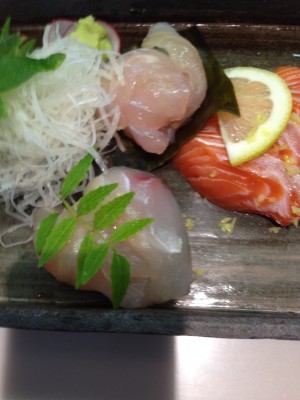
Possibly the best sushi ever!
Dr. Hanson was the host for the Sounds True series, The Compassionate Brain and the author of Buddha’s Brain: The Practical Neuroscience of Happiness, Love, and Wisdom.
In Feed the Mouse, he touches on the feelings of being fed physically, emotionally, conceptually, and even spiritually. He says,
… you naturally let go of longing, disappointment, frustration, and craving. The hungry heart gets a full meal; goals are attained and the striving for them relaxes; one feels lifted by life as it is. What a relief!
Feeling fed also helps you enjoy positive emotions such as pleasure, contentment, accomplishment, ease, and worth. As Barbara Fredrickson and other researchers have shown, these good feelings reduce stress, help people bounce back from illness and loss, strengthen resilience, draw attention to the big picture, and build inner resources. And when your own cup runneth over, studies have found that you’re more inclined to give to others; feeling good helps you do good. [Read More…]
He is telling us to rejoice in what we do have and suggests many ideas on how to feel fed by the opportunities that life offers. I won’t repeat them here, as you can read the article.
They tie into the teachings of the Buddha in the Discourse on the Four Kinds of Nutriments:
That day the Buddha told the monks: “There are four kinds of nutriments which enable living beings to grow and maintain life. What are these four nutriments? The first is edible food, the second is the food of sense impressions, the third is the food of volition, and the fourth is the food of consciousness.” [Read More…]
Rick Hanson’s suggestions on how to draw on the opportunities of being fed fall nicely into the four kinds of nutriments.
In my way of thinking, being able to rejoice in what we do have inspires us to practice mindful consumption, which is the subject of the Fifth Mindfulness Training as taught by Zen Master Thich Nhat Hanh.
Aware of the suffering caused by unmindful consumption, I am committed to cultivate good health, both physical and mental, for myself, my family, and my society by practicing mindful eating, drinking, and consuming. I am committed to ingest only items that preserve peace, well-being, and joy in my body, in my consciousness, and in the collective body and consciousness of my family and society. I am determined not to use alcohol or any other intoxicant or to ingest foods or other items that contain toxins, such as certain TV programs, magazines, books, films, and conversations. I am aware that to damage my body or my consciousness with these poisons is to betray my ancestors, my parents, my society, and future generations. I will work to transform violence, fear, anger, and confusion in myself and in society by practicing a diet for myself and for society. I understand that a proper diet is crucial for self-transformation and for the transformation of society.
Practicing mindful consumption can help us appreciate all the good we have in life and brings joy to our hearts.
I would like to know what you think about mindful consumption. Please share your feelings and thoughts.
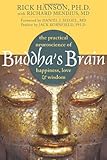 |



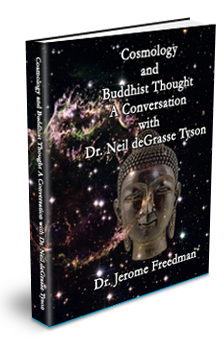

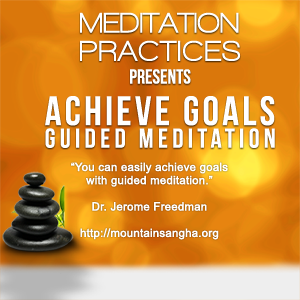


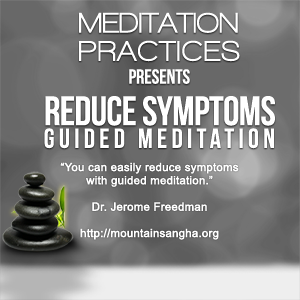


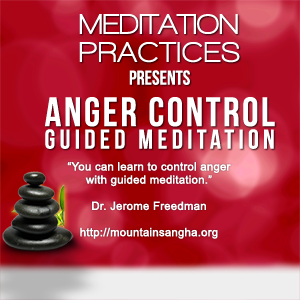

You must be logged in to post a comment.